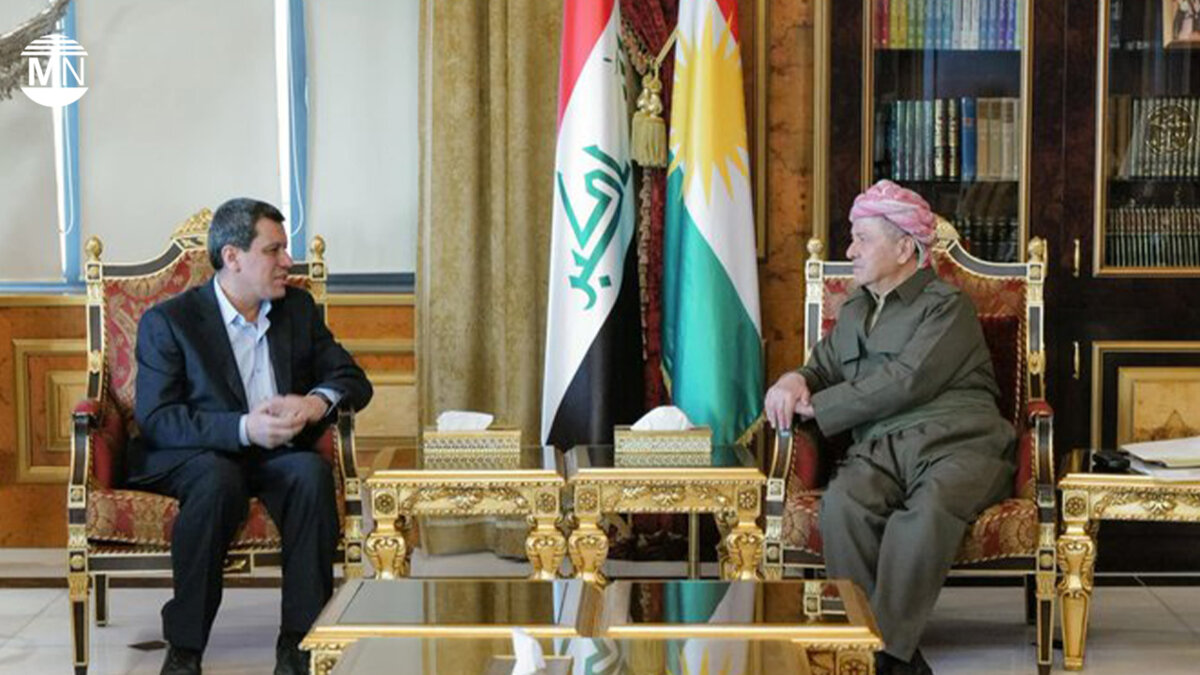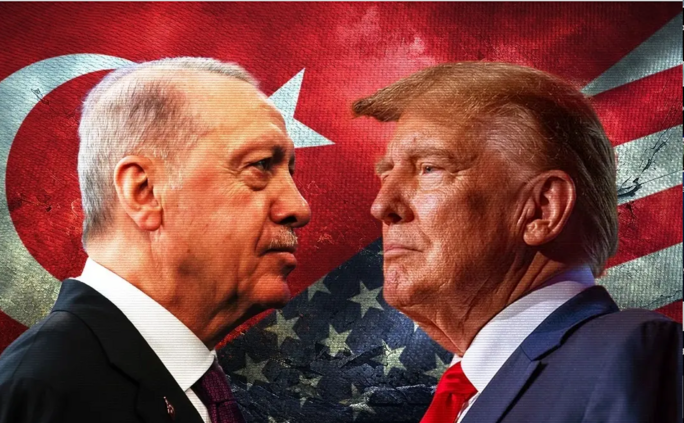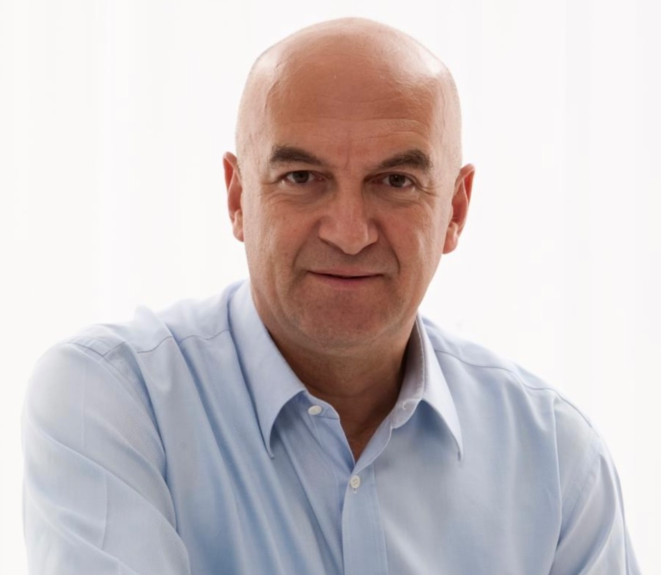“Erdoğan of Turkey has been backing attacks by the so-called SNA against our partners, the Kurds. Do you agree that we should support our partner, the SDF, in the fight against ISIS?”
This question, posed by Democratic Senator Chris Van Hollen during Marco Rubio’s Senate confirmation hearing as Secretary of State on January 15, 2025, highlighted a critical geopolitical tension, placing Turkey on the spot.
“Yes, absolutely,” Rubio responded. “We need to recognize the implications of abandoning our partners. It’s in the U.S. national interest to have a Syria that protects the Kurds. It’s important to signal to Erdoğan that [Turkey] should not view the transition in U.S. power as an opportunity to violate existing agreements.”
With the inauguration of President Trump looming, Syria’s future remains uncertain. Fourteen years of civil war have devastated its economy, fragmented its territory, and left its minorities uneasy.
Turkey, under President Erdoğan, is a central player in shaping Syria’s future, though its ambitions are fraught with risks. Ankara played a pivotal role in triggering the events that led to Assad’s fall, though its original intention was limited to supporting HTS actions around Aleppo. Instead, it faced an unanticipated regime collapse, to which it had to rapidly adapt.
Initially, Erdoğan’s rhetoric sounded victorious, portraying Turkey as a dominant regional force. Some analysts prematurely declared Turkey a “winner.” However, claiming victory in Syria’s delicate geopolitical landscape requires leveraging advantages effectively—something Ankara has struggled to achieve.
Domestically, Ankara’s strategy has been shaped by two developments. First, Israel has been elevated as a primary threat: a closed-door parliamentary session on October 8 called for opposition parties to join Erdoğan’s so-called “domestic front” against external threats, with “imperialist siege” as the key word. Second, Erdoğan’s ally, MHP leader Devlet Bahçeli, launched an initiative involving jailed PKK leader Abdullah Öcalan. The proposal sought to have the PKK and Kurdish militia YPG disarm in exchange for improved conditions for Öcalan.
The message, repeated day after day, was clear: disarm or face annihilation.
This move, initially perceived by some Kurds as a renewed peace process, revealed Ankara’s “zero-sum” approach—seeking gains without concessions.
Öcalan’s proposal to debate the initiative in Parliament, on the other hand, highlighted Ankara’s true intentions: First, securing Kurdish backing for constitutional changes that could grant Erdoğan a third presidential term. Second, driving a wedge between the PYD, the Kurdish political movement in Syria (plus its military wing, YPG) , and the DEM Party, pro-Kurdish party in Turkey and the PKK:

Agrandissement : Illustration 1

In Syria, Turkey’s objectives include forcing non-Syrian YPG commanders to leave, integrating the remaining fighters into a new Syrian army, and taking control of camps holding ISIS members. However, these ambitions have faced significant obstacles. NATO and EU support for the SDF, including its YPG military wing, has grown, and the U.S. has reinforced protection for YPG-controlled enclaves. Rubio’s unequivocal support for the SDF underscores the West’s rejection of Turkey’s demands. But, again, it does insert formidable challenges for Öcalan to call for the disarmament of the YPG units in Syria.
Turkey’s exclusion from a recent Quintet meeting (U.S., France, Italy, UK, Germany) in Rome, despite its insistence, has illustrated further diplomatic challenges. Meanwhile, Israel, already showing signs of suspicion on Syria’s new leadership, has also increased support for the SDF, positioning itself as a rival to Ankara in shaping Syria’s future and even addressing the security concerns in the Eastern Mediterranean.
Adding to Turkey’s challenges is the growing gap with HTS leader Abu Mohammad al-Julani (Al-Sharaa). U.S. sources reported recently that Julani is perceived by them as seeking legitimacy by distancing himself from Ankara and prioritizing ties with Gulf states like Saudi Arabia, UAE, Qatar, and Jordan.
However, despite these setbacks, Erdoğan remains a formidable player. He is likely to exploit his relationship with President Trump to advance Turkey’s agenda. The Trump administration’s stance—whether it aligns with Israel or Turkey—will play a decisive role in shaping Syria’s future. Without strategic recalibration, Ankara risks overextending itself in a complex and unpredictable geopolitical landscape.
That, so far, does not appear to be happening.

Agrandissement : Illustration 2




